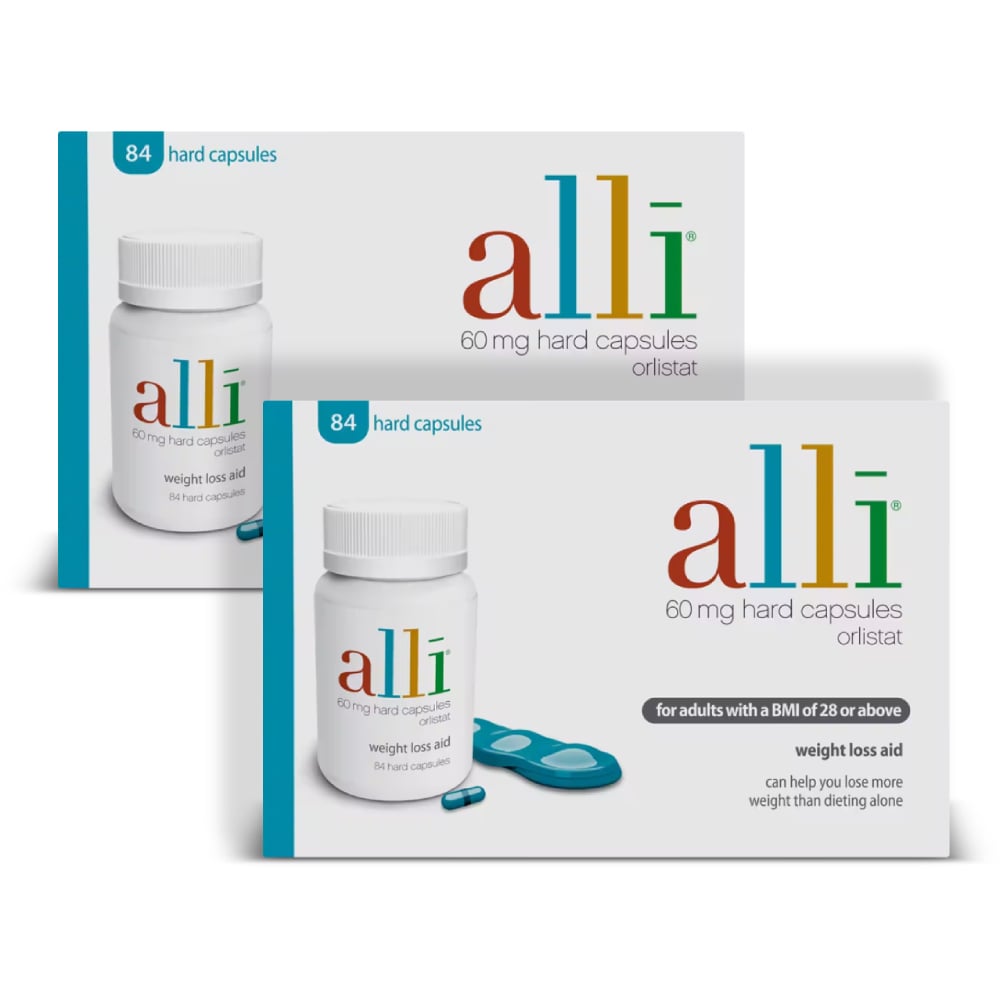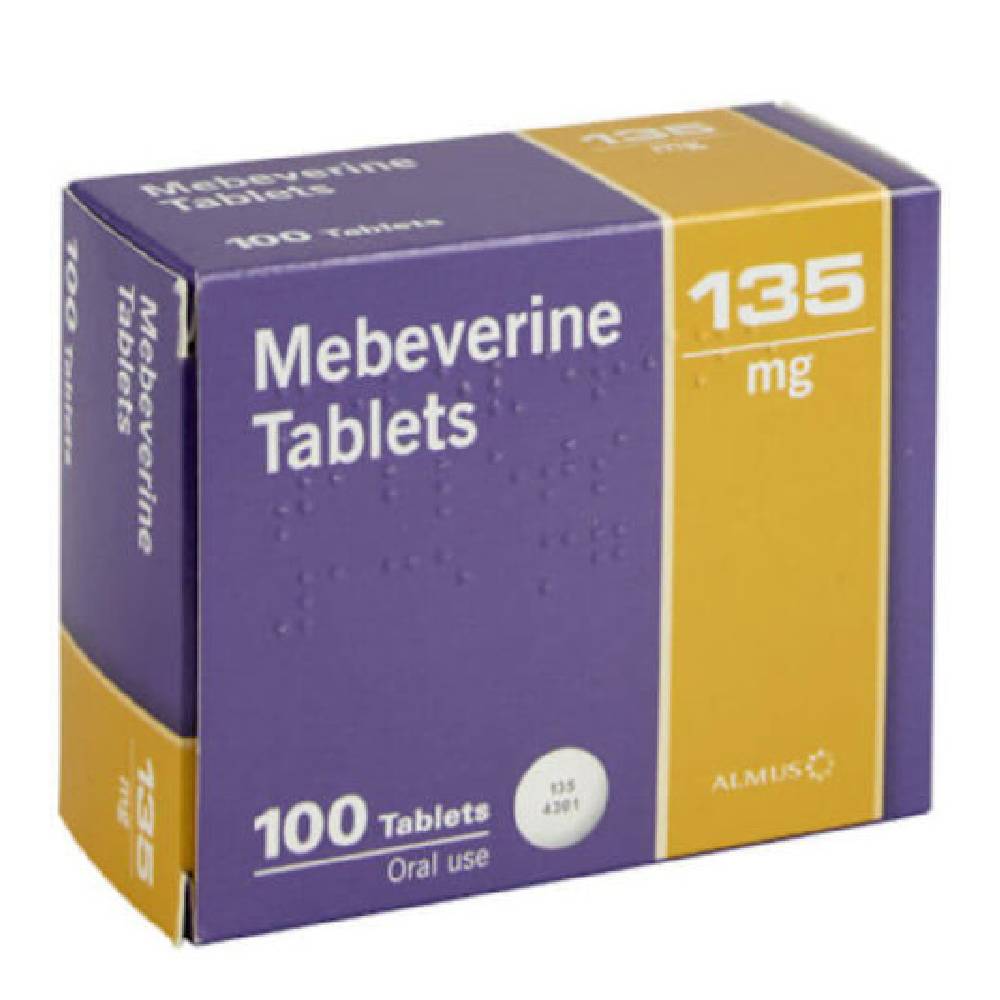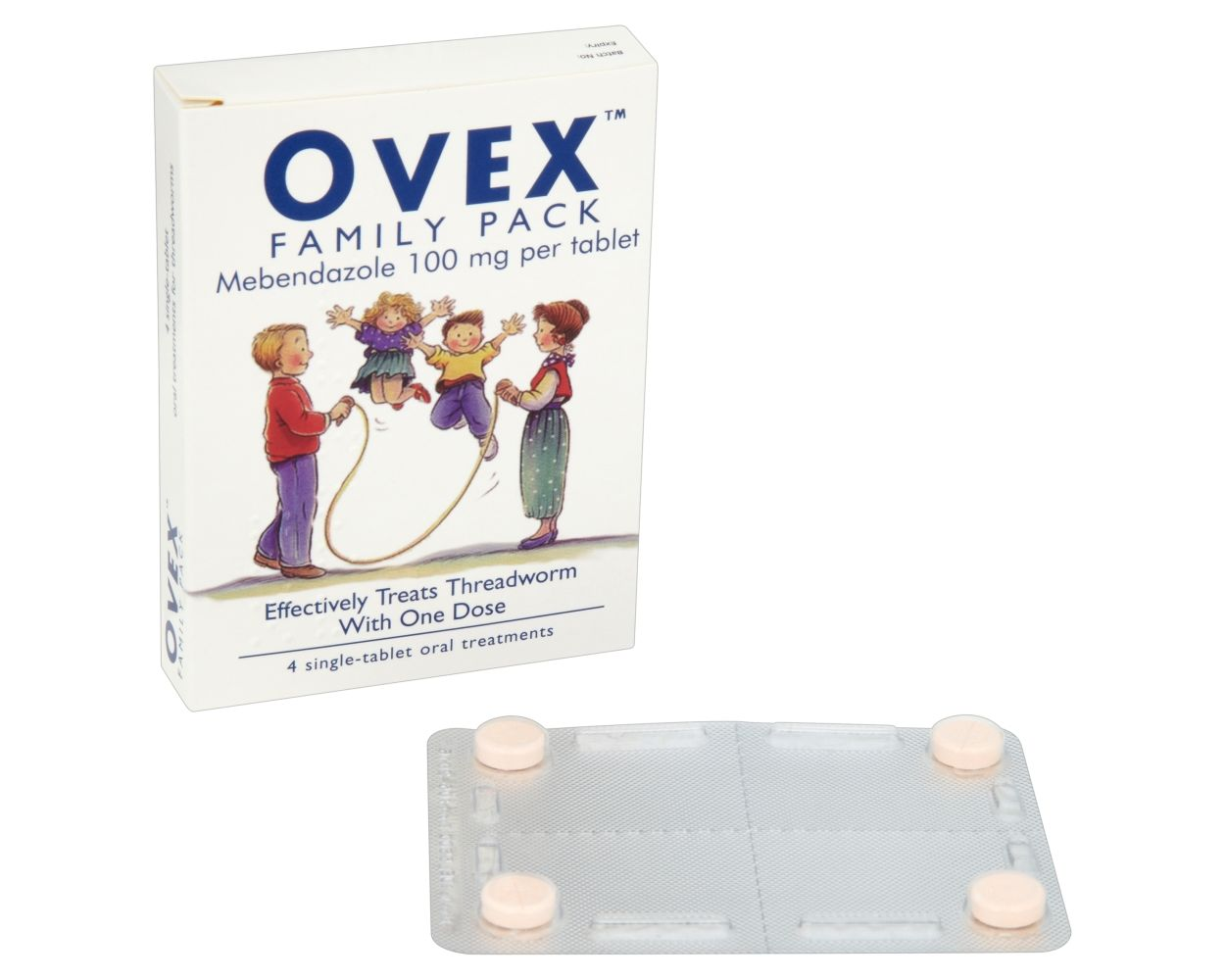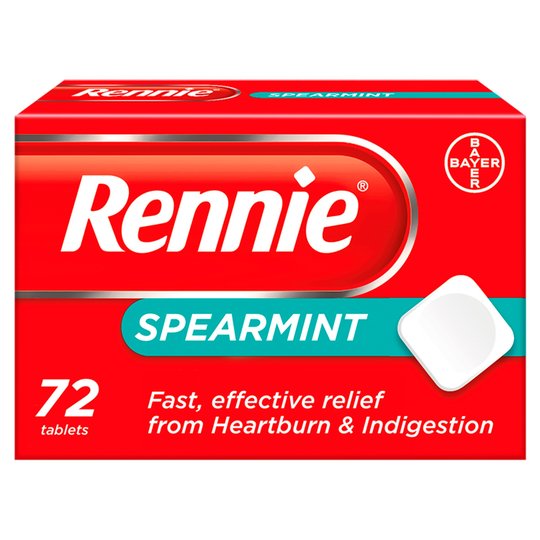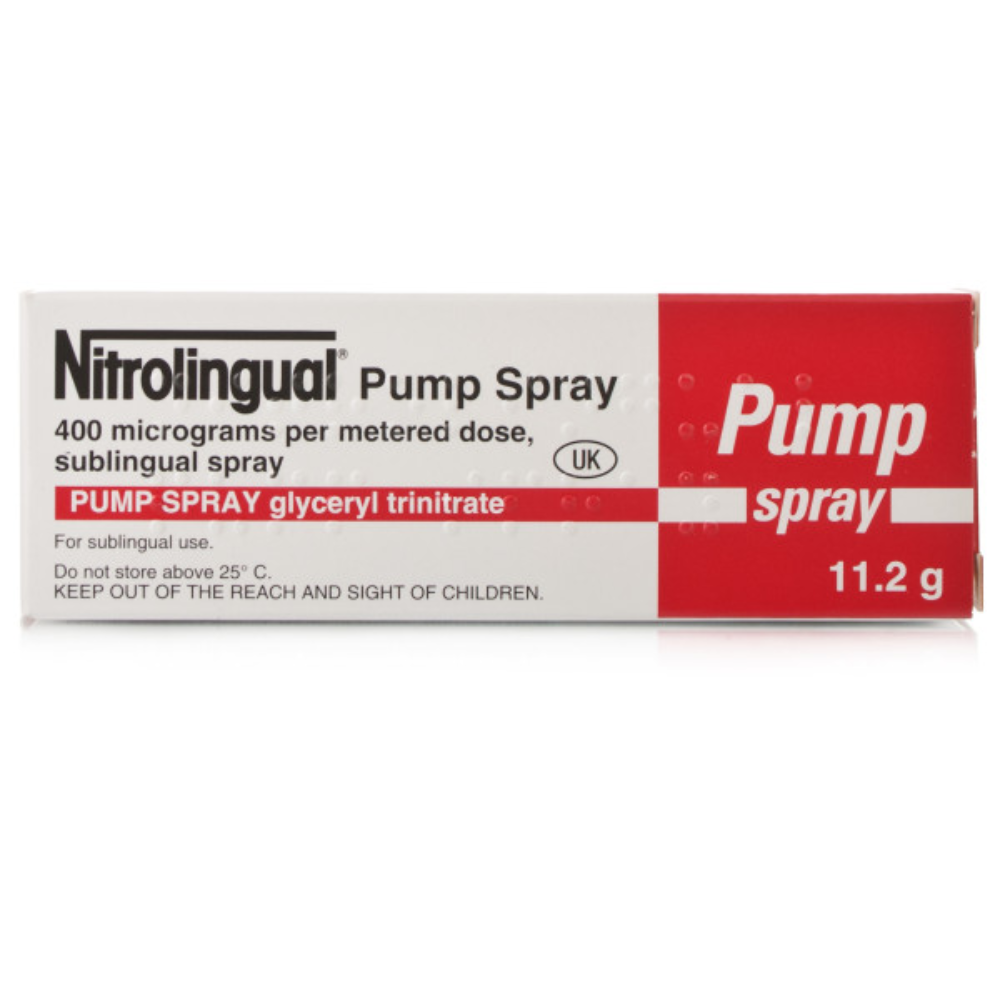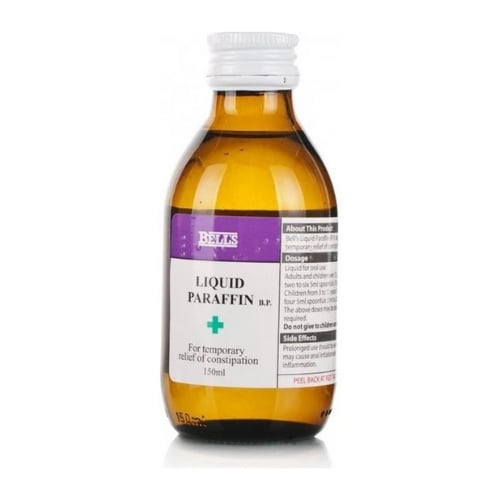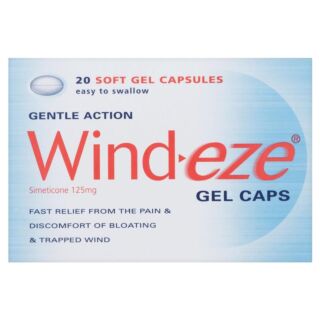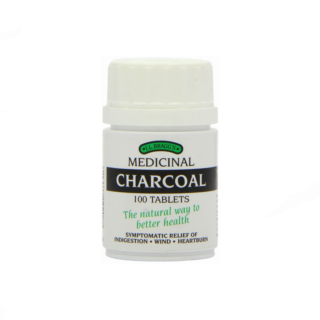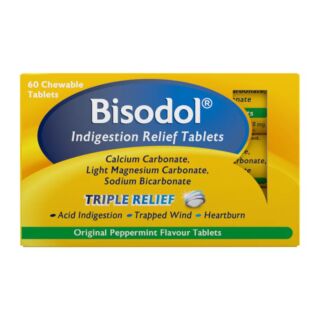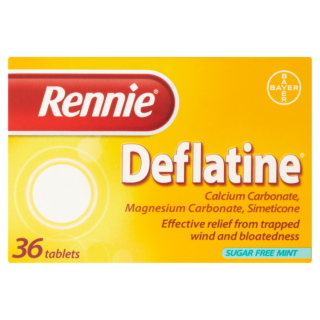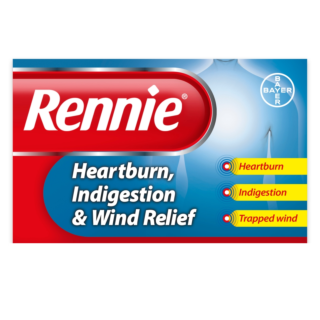Trapped Wind
Gas is air in your digestive system.1 Even though it may feel unpleasant, gas is a natural and normal by-product of digestion.1 You will always have a certain amount of gas in your bowel due to swallowing air when you eat or drink, smoke, swallow saliva or chew gum.2 … Read More See less
This air goes down into your oesophagus and, if you are sitting up, may come back up and escape through your mouth as a burp.2 However, if you’re lying down, this air tends to pass downwards, causing a bloated stomach.2 Trapped wind may feel like gas in the stomach, a hard, swollen tummy and crampy stomach pains.2 Eventually, this gas enters your small intestine and escapes through your back passage (anus) as a fart.2 (While we tend to think of farting as rude, it’s actually entirely normal. In fact, most of us fart up to 20 times a day.1)
However, gas can also be produced due to germs (bacteria) acting on partially digested food in the gut.2 Some foods are more likely to produce this effect than others, such as broccoli, baked beans and brussels sprouts.2 This type of gas is made up of carbon dioxide, hydrogen, methane and traces of sulphur, which is responsible for smelly farts.2
When to see a GP
You should see a GP about trapped gas and bloating if:3
- You've been feeling bloated for more than three weeks
- You experience bloating a lot (more than 12 times a month)
- Changing your diet hasn’t helped with bloating
- You have a swelling or lump in your tummy
- You’re bloated and also have sickness, diarrhoea, constipation, weight loss or blood in your poo
- Bloating is making it difficult to carry out your normal daily activities
Trapped wind symptoms
The symptoms of trapped wind and bloating include:1,2
- Passing a lot of gas
- Crampy stomach pains
- Bloating
- Tenderness, fullness or pressure in your abdomen
- A sharp stabbing pain or dull ache in your abdomen
- Pain or discomfort in your back, chest and right or left side
Causes of trapped wind
You may experience trapped wind more than usual if you:1,2,5–7
- Are swallowing too much air (aerophagia) –you may be gulping in too much air while eating or drinking, even if you’re not aware of it. For example, if you’re talking while you eat
- Are consuming too many gas-producing foods – certain foods are well known to cause excessive gas. Culprits include beans, potatoes, corn, onions, apples, cauliflower, cabbage, broccoli, and other high fibre carbohydrates
- Are taking certain medications that slows your digestive system – such as metformin (for diabetes), laxatives (Lactulose, Fybogel, Isphagula, Regulan), ibuprofen, statins (to control cholesterol), varenicline (to help people stop smoking)
- Have a digestive system condition – certain conditions can overwork your digestive system or slow it down, leading to excess gas. These include:
- Coeliac disease – an inability to digest gluten
- Ulcerative colitis – inflammation in your colon and rectum
- Crohn’s disease – inflammation of the gastrointestinal tract (wall of the gut)
- Scleroderma – thickening of the internal organs
- Ovarian cancer – cancer of the ovary which can cause symptoms similar to those caused by a bowel disease
- Giardiasis – an infection caused by a germ called giardia
- Irritable bowel syndrome (IBS) – a group of painful abdominal symptoms without a clear cause
- Lactose intolerance – when you struggle to digest lactose, a sugar found in dairy products
- Diverticulosis – small patches in the wall of the small bowel become infected
- Have small intestinal bacterial overgrowth – an overgrowth of bacteria in your intestine can make you gassy and cause diarrhoea and weight loss. You may have an overgrowth of bacteria due to undergoing bowel surgery. It also occurs more frequently in people with diabetes, inflammatory bowel disease and diverticulosis
How to relieve trapped wind
The best way to relieve your trapped wind will depend on the underlying cause. You may need to focus on treating an underlying condition, making some lifestyle changes, changing your diet or taking medication to relieve your symptoms:1–3,5,8
Lifestyle changes
You may be able to reduce the amount you struggle with painful trapped wind by:
- Exercising regularly, as exercise has been found improve digestion and speed up the clearance of gas in people with IBS
- Chewing with your mouth closed or avoiding talking when you’re eating, to reduce the amount of air you swallow when you eat
- Avoiding using straws, which can cause you to swallow air when you drink
- Avoiding chewing gum, which also causes you to swallow air
- Chewing slowly
- Drinking plenty of water
- Eating foods high in fibre, if you struggle with constipation
- Eating smaller, more frequent meals instead of large meals
- Massaging a bloated stomach from right to left to release trapped wind
- Avoiding drinking lots of fizzy drinks and alcoholic or caffeinated beverages
- Not eating large meals late at night before bed
- Exploring whether you may be intolerant to any foods and avoiding them
Changing your diet
If your trapped wind is caused by eating too many foods that commonly cause gas or foods you are intolerant to, dietary changes may relieve your symptoms. You can try:
- Eating less high fibre foods that contain carbohydrates. It may help to keep a food diary to identify which foods are particularly problematic for you
- Cutting back on foods you may be intolerant to, such as:
- Dairy
- Fructose
- Gluten
- Eating more probiotics (gut-friendly bacteria), such as lactobacilli and bifidobacteria
- Eating more soluble fibre, such as linseed and oats, to combat constipation
- A low fodmap diet, which substitutes carbohydrates thought to contribute to ibs symptoms (e.g. Artichoke, onion, garlic, legumes, milk, wheat) for more easily digestible alternatives (e.g. Asparagus, aubergine, tofu, oat milk, gluten free bread)
Medications
A pharmacist or GP may recommend the following over-the-counter medications to ease trapped wind:
- Laxatives – to help treat constipation
- Simethicone – to relieve bloating
- Antispasmodics – muscle relaxants that can reduce cramping and bloating, such as mebeverine hydrochloride (Colofac) or hyoscine hydrobromide (Buscopan)
- Alpha-galactosidases – such as beano, which contain natural enzymes that help to break down complex carbohydrates before they start to ferment and cause flatulence
- Lactase enzymes – to help you digest lactose, if you have an intolerance
For bloating relief, you can also try natural remedies such as:
- Peppermint oil capsules – found to reduce bloating and cramps if taken before meals
- Charcoal tablets – these relieve trapped wind pain by absorbing gases in your digestive system
- Herbal teas – drinking peppermint, chamomile or fennel tea after meals has been shown to improve digestion. Of these, fennel seems to be the most beneficial
Sources
- https://my.clevelandclinic.org/health/diseases/7314-gas-and-gas-pain
- https://patient.info/digestive-health/irritable-bowel-syndrome-leaflet/wind-gas-and-bloating
- https://www.nhs.uk/symptoms/bloating/
- https://www.nhsinform.scot/illnesses-and-conditions/stomach-liver-and-gastrointestinal-tract/stomach-ache-and-abdominal-pain/
- https://www.sath.nhs.uk/wp-content/uploads/2020/09/Managing-bloating-and-wind.pdf
- https://my.clevelandclinic.org/health/diseases/4342-irritable-bowel-syndrome-ibs
- https://www.nhs.uk/conditions/lactose-intolerance/
- https://www.gloshospitals.nhs.uk/media/documents/FODMAP_dietsheet_for_website.pdf

Free delivery when you spend over £30

100% discreet delivery for every item ordered

Fully regulated UK pharmacy
Are Andrews Salts good for trapped wind?
Andrews Salts are a remedy for indigestion, working as an antacid and a laxative.
Constipation is a common cause of trapped wind — if your bowel is fuller than usual it can keep you from passing gas as you usually would causing buildup.
In helping to clear your constipation Andrews Salts can help to relieve your trapped wind too.
By working as an antacid, this product also helps to relieve indigestion or an upset stomach, which are both common causes of bloating.
Can you get trapped wind in your chest?
You can feel symptoms of trapped wind in your chest for a number of reasons.
For example, if the gas has gathered in a certain part of your digestive system or if you’ve simply swallowed a lot of air while eating.
The discomfort caused by gas can sometimes be mistaken for acid reflux, which also causes chest pain in the form of heartburn — you may even experience both at once.
If you’re ever concerned about chest pain, we’d recommend speaking to your pharmacist or GP so they can check out the cause and help you get proper treatment.
Does Gaviscon help with wind?
Whilst heartburn and wind can happen at the same time, especially after a big meal, they’re usually separate problems that need to be treated separately.
Gaviscon works specifically to relieve the symptoms of heartburn and indigestion, so probably won’t help with excess gas.
If you’re feeling gassy, the best medicine to try is simeticone, which works by bringing together the small gas bubbles in your gut to form bigger bubbles that can pass through your body more easily.
Does trapped wind cause colic?
We don’t know what causes colic, but many people believe it happens because babies struggle to digest their food when they’re young.
The discomfort caused by this indigestion makes your baby cry, and anyone who’s ever had trapped wind can tell you that it’s very uncomfortable.
This is why many colic treatments are designed to help reduce trapped wind and indigestion, as it may be treating the cause of their colic.
Of course, if you’re worried that your baby is crying very often we would recommend checking in with your healthcare team, just to make sure that your little one is healthy and happy.
How can I help to ease my baby’s trapped wind?
When you’ve fed your baby, it’s always a good idea to burp them, which can help to reduce trapped wind.
Winding your baby helps wind to move through their digestive system so they can pass it more easily, preventing bloating and irritation.
If your baby often suffers with trapped wind, when you may want to consider sitting or holding your baby upright during feeds, as this can help to keep them from swallowing air.
It is thought that the cause of colic could be indigestion, so if you find that your baby has colic, you may want to consider whether they’re suffering with trapped wind.
If you think your baby has colic, indigestion, or any other health condition, speak to your doctor or other health care professional for advice.
How do I get rid of trapped wind?
A popular remedy for trapped wind is simeticone, which works by combining the tiny gas bubbles in your stomach into larger bubbles, making them easier to pass so they can leave your system and reduce your bloating.
Any trapped wind remedy will work best when you make changes to your diet, such as eating more fibre, avoiding food you’re intolerant to, limiting the number of fizzy drinks you consume, eating slowly and eating small portions often.
You may also want to consider keeping a diary of your food and any symptoms you experience.
Over time, you may notice patterns that link your bloating to different foods, giving you a better idea of the dietary changes you can make to reduce trapped wind.
Is bloating and trapped wind the same thing?
Bloating is one of the symptoms of trapped wind, and you’ll often hear them spoken about almost interchangeably.
This is because bloating is usually caused by gas build up in the stomach that makes your stomach expand — essentially, trapped wind in your stomach.
It can happen for lots of different reasons, including indigestion, IBS, and constipation.
Some people also experience bloating around their period, when it’s caused by hormonal changes throughout their monthly cycle.
What are the causes of trapped wind?
There are a few everyday things which can cause trapped wind, which is why it’s such a common problem that people deal with day in and day out.
One of the most common causes of trapped wind is swallowing too much air during eating or talking, which can happen if you’re eating too fast, chewing gum, drinking fizzy drinks, or talking a lot.
Eating certain foods can also cause trapped wind as they create gas while they digest, with some of the most common culprits being beans, cabbage, sprouts, and onions.
You may also experience trapped wind after eating a food that you have an intolerance to, for example, after drinking a glass of milk if you’re lactose intolerant.
If you suffer with IBS (irritable bowel syndrome) then you may also be prone to trapped wind as one of the symptoms of your condition, with many people who have IBS suffering with bloating in the evening.
What are the symptoms of trapped wind?
If you’re suffering from trapped wind, you may notice a few telltale symptoms.
For starters, you may notice bloating, which is where your stomach feels fuller or larger than usual, almost as if it has inflated like a balloon.
You may also experience pain or discomfort in your stomach caused by the built-up gas.
This can be accompanied by nausea, a rumbling in your stomach and farting or burping more than usual as your stomach tries to pass the excess gas.

